Dental Infection
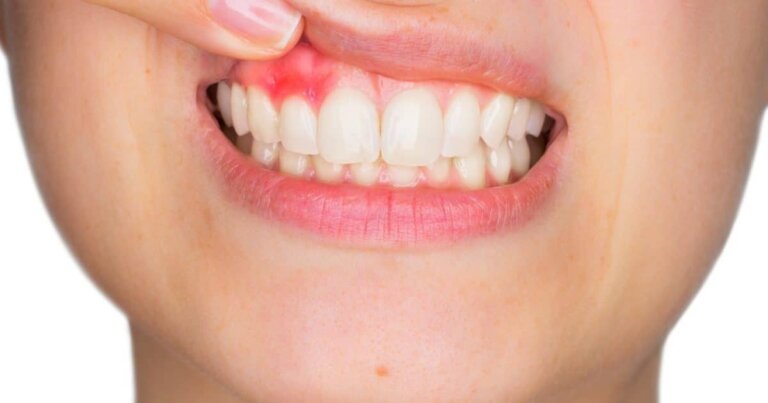
What Is Dental Infection?
Are you dealing with a Dental Infection? This painful condition occurs when harmful bacteria infiltrate the tissues in your mouth, leading to inflammation and discomfort. Dental infections can impact various parts of the mouth, such as the gums, teeth, and even the jawbone. Left untreated, dental infections can escalate into serious health problems, including tooth loss and the spread of bacteria to other areas of the body. Before reaching out to your Toronto dentist, here’s everything you need to know about dental infections.
- What Causes Dental Infection?
- Signs And Symptoms Of Dental Infection
- Treatment Options For Dental Infection
- Managing Dental Infection Until You Can See The Dentist
- Frequently Asked Questions About Dental Infection
If you have questions about Dental Infection or other dental problems, please contact us for more information.
What Causes Dental Infection?
Understanding the root causes of dental infections is key to avoiding them in the future. Here are some common reasons why dental infections occur:
- Poor Oral Hygiene: Inadequate brushing and flossing can allow bacterial buildup, leading to tooth decay and gum disease, both of which are common culprits of dental infection.
- Tooth Decay: When cavities remain untreated, decay can reach the tooth’s inner pulp, resulting in infection.
- Gum Disease: Advanced gum disease can create infected pockets around teeth, leading to significant dental issues.
- Failed Root Canal: If bacteria are not fully removed during a root canal, infection can persist or recur.
- Cracked or Broken Teeth: Damage to teeth provides an entry point for bacteria, heightening infection risk.
- Pericoronitis: This condition, often affecting wisdom teeth, happens when the tissue around a partially erupted tooth becomes infected.
By addressing these underlying factors and maintaining regular dental check-ups, you can greatly reduce your risk of dental infections. For more information about Dental Infection, please contact us.
Signs And Symptoms Of Dental Infection
Being aware of the signs and symptoms of a dental infection can help you seek timely care and avoid complications. Here’s what to watch for:
- Tooth Pain: Persistent pain in the affected tooth or gums, ranging from mild to severe.
- Swelling: Swelling in the gums, face, or jaw can indicate an active infection.
- Redness: Inflamed, red gums or skin around the affected area.
- Fever: In some cases, fever signals a more serious infection.
- Bad Breath: Chronic bad breath, especially if paired with other symptoms, may point to an infection.
- Tooth Sensitivity: Heightened sensitivity to hot or cold temperatures.
- Pus: Any pus or discharge from the gums is a sign of serious infection.
If you’re experiencing these symptoms, contact your dentist right away. Early treatment is crucial to prevent complications. For more information about the signs and symptoms of Dental Infection, please contact us.
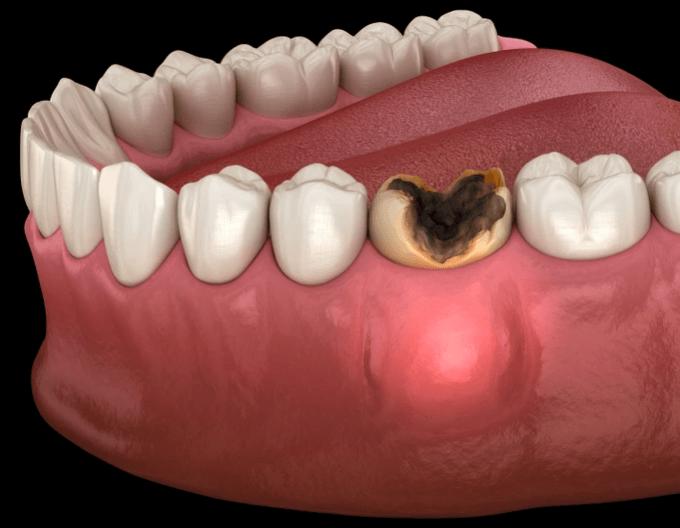
Treatment Options For Dental Infection
The treatment for a dental infection varies depending on its cause and severity. Here are some common treatments your dentist may recommend:
- Antibiotics: To eliminate the bacterial infection, antibiotics are often prescribed.
- Root Canal Therapy: If the infection has reached the pulp, a root canal is typically necessary. This procedure removes the infected tissue, then seals the tooth to prevent future infections.
- Tooth Extraction: For infections that cannot be treated with a root canal, extraction might be the best option.
- Abscess Drainage: Draining an abscess relieves pain and reduces pressure caused by infection.
- Teeth Cleaning: Regular dental cleanings, coupled with good oral hygiene, can help prevent future infections.
Promptly addressing dental infections with professional treatment is essential for effective relief and long-term oral health. For more information about Dental Infection treatment options, please contact us.
Managing Dental Infection Until You Can See The Dentist
If you suspect you have a dental infection and cannot get an immediate appointment, follow these steps to help manage the infection:
- Maintain Oral Hygiene: Gently clean around the infected area to prevent further spread.
- Rinse with Warm Salt Water: A saltwater rinse can reduce pain and inflammation.
- Apply a Cold Compress: A cold compress on your cheek can reduce swelling and numb the area.
- Use Over-the-Counter Pain Relief: Ibuprofen or acetaminophen may help relieve pain. Ask your dentist for dosing advice if you’re unsure.
- Avoid Hot or Cold Foods: Temperature-sensitive foods can worsen pain.
- Chew on the Opposite Side: To avoid aggravating the infection, chew on the unaffected side and opt for soft foods.
While these steps can help ease discomfort, they are not a substitute for professional treatment. Be sure to contact us to schedule a dental visit as soon as possible. For more information about how to manage Dental Infection, please contact us.
Frequently Asked Questions About Dental Infection
- How are dental infections treated?
Treatment typically involves draining the abscess, performing a root canal to remove the infected tissue, or extracting the affected tooth. Antibiotics may also be prescribed to eliminate the infection.
- Can a dental infection spread to other parts of the body?
Yes, if left untreated, the infection can spread to the jaw, neck, or other areas, leading to serious health complications.
- Is a dental infection a dental emergency?
Yes, dental infections require prompt attention to prevent the spread of infection and alleviate pain.
- How can I prevent dental infections?
Maintaining good oral hygiene, including regular brushing and flossing, attending routine dental check-ups, and addressing dental issues promptly can help prevent infections.
Dental infections are serious conditions that require prompt attention to prevent further complications and protect your overall health. For more information about how to manage Dental Infection, please contact us.
We also think you’ll like…
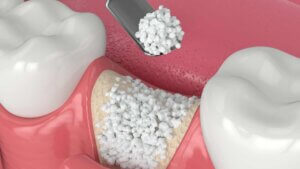
Bone Graft Pre-Operative Instructions
Bone Graft Pre-Operative Instructions A Bone Graft procedure is often needed after a tooth extraction to preserve the alveolar bone for future dental implants. To
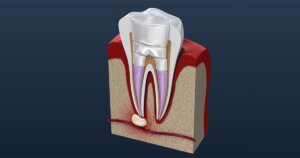
Root Canal Treatment Post-Operative Instructions
Root Canal Treatment Post-Operative Instructions What You Should Do After Root Canal Treatment For A Successful Recovery Undergoing a Root Canal Treatment is an effective
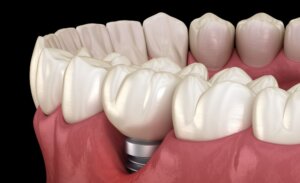
Dental Implant Failure
Dental Implant Failure What Is Dental Implant Failure? Dental implants have become a trusted solution for replacing missing teeth, providing a solid foundation for crowns
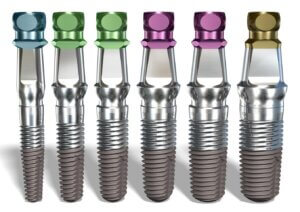
Implant Direct Dental Implants
Implant Direct Dental Implants What Are Implant Direct Dental Implants? Implant Direct is a well-established dental implant company known for its commitment to providing high-quality
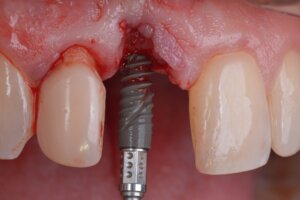
Dental Implant Removal Cost in Toronto (2025) | Price Breakdown & Tips
Dental Implant Removal Cost in Toronto (2025) – Price Breakdown & Tips Cost of Dental Implant Removal The cost of Dental Implant Removal ranges from
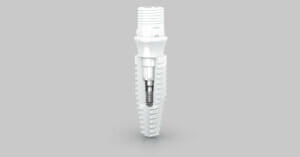
Ceramic Dental Implant Cost in Toronto (2025) | Price Breakdown
Ceramic Dental Implant Cost in Toronto (2025) – Price Breakdown Cost of Dental Implants A cost of a basic Dental Implant can start from $4165,

